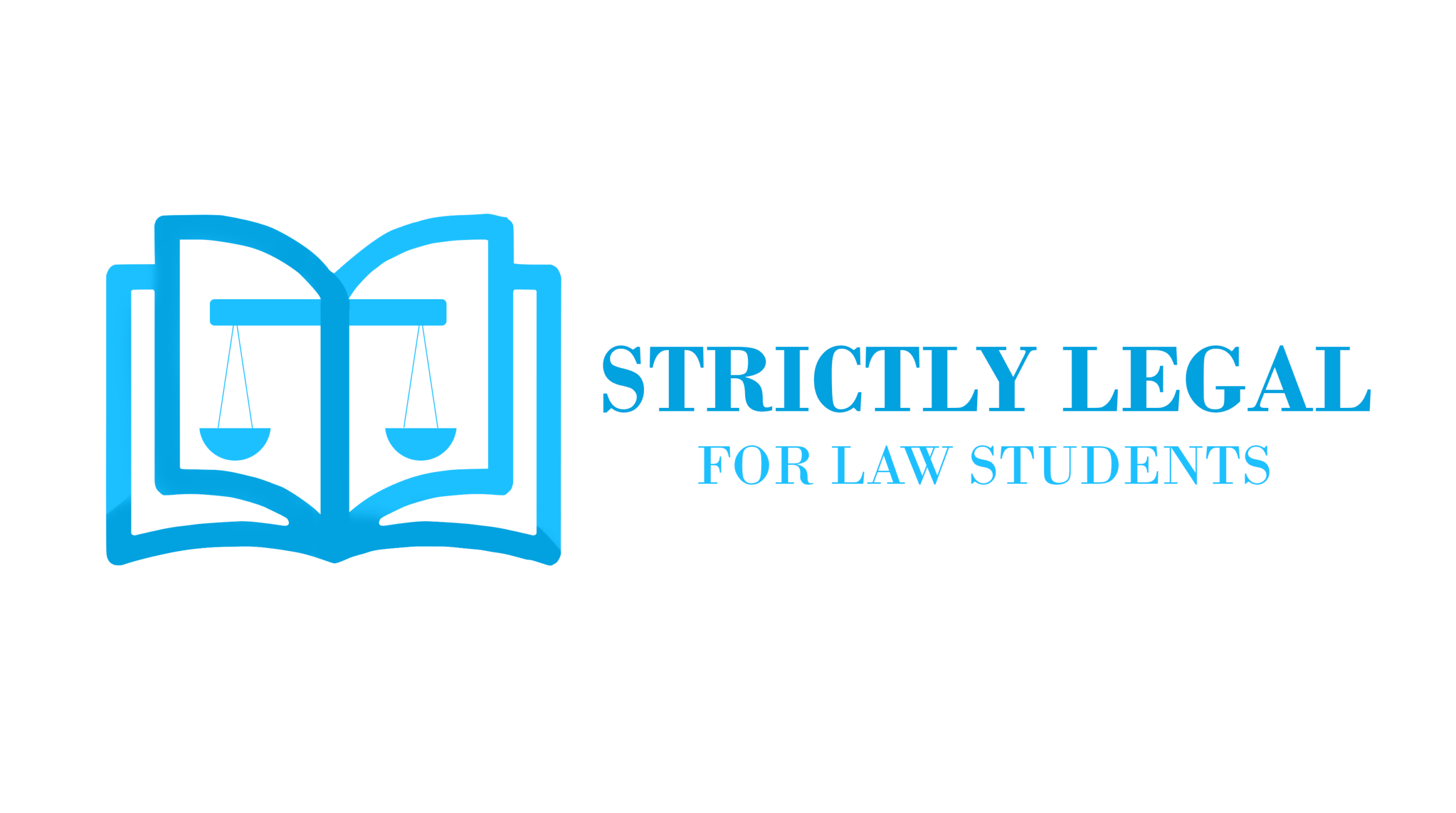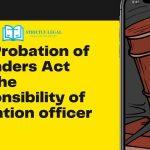This article is co-authored by Advocate Keral Mehta
Delhi Lieutenant Governor on the recommendation of the Delhi Sentence Review Board (DSR) has approved the premature release of Jessica Lal Murder case convict Manu Sharma who was sentenced to serve Life imprisonment. The convict Manu Sharma was serving the life imprisonment in Delhi’s Tihar Jail before his formal release on June 1, 2020.
The DSR board is chaired by the Delhi Home Minister and the committee members include Director General (Prisons), Principal Secretary Home, PS (Law), Joint Commissioner of Police, the government’s chief probation officer, and a district judge.
Let us analyze the provisions under which the Lieutenant Governor of Delhi has exercised this power.
POWER TO GRANT REMISSION OF SENTENCE
“Sentencing is a judicial function but the execution of the sentence after the courts pronouncement, is ordinarily a matter for the Executive under the Procedure Code, going by Entry 2 in List 111 of the Seventh Schedule. Once a sentence has been imposed, the only way to terminate it before the stipulated term is by action under ss. 432/433 of the Code or Articles 72/161. And if the latter power under the Constitution is not invoked, the only source of salvation is the play of power under ss. 432 and 433(a) so far as a ‘lifer’ is concerned.
No release by reduction or remission of the sentence is possible under the corpus juris as it stands, in any other way” as held in Maru Ram Vs Union of India 1980 AIR 2147
It be noted that Section 432 and Section 433 of the Cr.P.C. are not a manifestation of Articles 72 and 161 of the Constitution but a separate, though similar power and the limitation imposed by Section 433A does not violate or detract from the full operation of the constitutional power to pardon, commute and to grant remission. (Sangeet & Anr Vs State of Haryana, 2013 (2) SCC 452).
It is necessary, in this context, to be clear that the constitutional power under Articles 72 and 161 of the Constitution is not the subject matter of discussion in this article.
The Grant of remission being an act of grace, a convict undergoing a sentence does not have right to get a remission of sentence, but he certainly does have a right to have his case considered for the grant of remission, as held in State of Haryana v. Mahender Singh, (2007) 13 SCC 606 and State of Haryana v. Jagdish, (2010) 4 SCC 216.
However, it must be remembered that the power of remission cannot be exercised arbitrarily. The decision to grant remission has to be well informed, reasonable, and fair as held in State of Haryana v. Mohinder Singh, (2000) 3 SCC 394.
The statutory procedure laid down in Section 432 of the Cr.P.C. does provide this check on the possible misuse of power by the appropriate Government.
432. Power to suspend or remit sentences —
(1) When any person has been sentenced to punishment for an offence, the appropriate Government may, at any time, without conditions or upon any conditions which the person sentenced accepts, suspend the execution of his sentence or remit the whole or any part of the punishment to which he has been sentenced.(2) Whenever an application is made to the appropriate Government for the suspension or remission of a sentence, the appropriate Government may require the presiding Judge of the Court before or by which the conviction was had or confirmed, to state his opinion as to whether the application should be granted or refused, together with his reasons for such opinion and also to forward with the statement of such opinion a certified copy of the record of the trial or of such record thereof as exists.
(3) If any condition on which a sentence has been suspended or remitted is, in the opinion of the appropriate Government, not fulfilled, the appropriate Government may cancel the suspension or remission, and thereupon the person in whose favour the sentence has been suspended or remitted may, if at large, be arrested by any police officer, without warrant and remanded to undergo the unexpired portion of the sentence.
(4) The condition on which a sentence is suspended or remitted under this section may be one to be fulfilled by the person in whose favour the sentence is suspended or remitted, or one independent of his will.
(5) The appropriate Government may, by general rules or special orders, give directions as to the suspension of sentences and the conditions on which petitions should be presented and dealt with:
Provided that in the case of any sentence (other than a sentence of fine) passed on a male person above the age of eighteen years, no such petition by the person sentenced or by any other person on his behalf shall be entertained, unless the person sentenced is in jail, and—
(a) where such petition is made by the person sentenced, it is presented through the officer in charge of the jail; or
(b) where such petition is made by any other person, it contains a declaration that the person sentenced is in jail.
(6) The provisions of the above sub-sections shall also apply to any order passed by a Criminal Court under any section of this Code or of any other law which restricts the liberty of any person or imposes any liability upon him or his property.
(7) In this section and in Section 433, the expression “appropriate Government” means, —
(a) in cases where the sentence is for an offence against, or the order referred to in sub-section (6) is passed under, any law relating to a matter to which the executive power of the Union extends, the Central Government;
(b) in other cases, the Government of the State within which the offender is sentenced or the said order is passed.
Section 432 of the Cr.P.C.
On a bare perusal of the provision, it is clear that Section 432 is merely an enabling provision and the appropriate Government cannot exercise the power suo motu but only when an application in this regard is presented before it.
The appropriate Government is enabled to “override” a judicially pronounced sentence, subject to the fulfillment of certain conditions. Those conditions are found either in the Jail Manual or in statutory rules. Sub-section (1) of Section 432 of the Cr.P.C. cannot be read to enable the appropriate Government to “further override” the judicial pronouncement over and above what is permitted by the Jail Manual or the statutory rules. The process of granting “additional” remission under this Section is set into motion in a case only through an application for remission by the convict or on his behalf.
On such an application being made, the appropriate Government is required to approach the presiding judge of the Court before or by which the conviction was made or confirmed to opine (with reasons) whether the application should be granted or refused.
Thereafter, the appropriate Government may take a decision on the remission application and pass orders granting remission subject to some conditions, or refusing remission. Apart from anything else, this statutory procedure seems quite reasonable in as much as there is an application of mind to the issue of grant of remission.
It also eliminates “discretionary” or en masse release of convicts on “festive” occasions since each release requires case-by-case basis scrutiny. (Sangeet & Anr Vs State of Haryana, 2013 (2) SCC 452)
For exercising the power of remission to a life convict, the Cr.P.C. places not only a procedural check as mentioned above, but also a substantive check. This check is through Section 433-A of the Cr.P.C. which provides that when the remission of a sentence is granted in a capital offence, the convict must serve at least fourteen years of imprisonment.
It may be pointed out that this provision is similar to the provision in Section 55 of the Indian Penal Code, 1860. The requirement of a minimum of fourteen years incarceration may perhaps be relaxed in exercising power under Article 72 and Article 161 of the Constitution (Samjuben Gordhanbhai Koli v. State of Gujarat, (2010) 13 SCC 466) but, as mentioned above, we are presently not concerned with these provisions and say nothing in this regard, one way or the other.
SCOPE FOR JUDICIAL REVIEW
“Wide as the power of pardon, commutation and release is, it cannot run riot; for no legal power can run unruly like John Gilpin on the horse but must keep sensibly to a steady course. Here, we come upon the second constitutional fundamental which underlies the submissions of counsel. It is that all public power, including constitutional power, shall never be exercisable arbitrarily or mala fide and, ordinarily, guidelines for fair and equal execution are guarantors of the valid play of power.” (Maru Ram vs Union of India 1980 AIR 2147). The grant of pardon, whether it is under Article 161 or 72 of the Constitution or under Sections 306, 432, and 433 or Cr.P.C is the exercise of executive discretion of sovereign power. (State (Govt. Of Nct Of Delhi) vs Prem Ram (2003) 7 SCC 121).
Such exercise of executive discretion by the Government is not left unchecked and is amenable to judicial review.
34. The position, therefore, is undeniable that judicial review of the order of the President or the Governor under Article 72 or Article 161, as the case may be, is available and their orders can be impugned on the following grounds:
(a) that the order has been passed without application of min
(b) that the order is mala fide;
(c) that the order has been passed on extraneous or wholly irrelevant considerations;
(d) that relevant materials have been kept out of consideration;
(e) that the order suffers from arbitrariness.”
Supreme Court in Eupuru Sudhakar Vs Govt. of Andhra Pradesh (2006) 8 SCC 161
The Supreme Court in the case of State of Haryana Vs Jagdish AIR 2010 SC 1690 stated that “the Legal maxim, “Veniae facilitas incentivum est delinquendi”, is a caveat to the exercise of clemency powers, as it means – “Facility of pardon is an incentive to crime.” It may also prove to be a “grand farce”, if granted arbitrarily, without any justification, to “privileged class deviants”. Thus, no convict should be a “favoured recipient” of clemency.”
It further held –“that at the time of considering the case of pre-mature release of a life convict, the authorities may require to consider his case mainly taking into consideration whether the offence was an individual act of crime without affecting the society at large; whether there was any chance of future recurrence of committing a crime; whether the convict had lost his potentiality in committing the crime; whether there was any fruitful purpose of confining the convict anymore; the socio-economic condition of the convict’s family and other similar circumstances.“
Every case will depend on its individual facts and circumstances. In any case, if the repeated exercise is not for any genuine or bona fide reasons, the matter can be corrected by way of judicial review.
Thus, the LG of Delhi in the exercise of his executive power conferred upon him under Section 432 of the CrPC, 1973 has ordered to remit the un-expired portion of the sentence of convict Manu Sharma along with 19 others on the recommendations of the DSR Board.
As has been stated above, the executive has wide powers under the legal scheme of the country to grant pardon, reprieves, respites or remissions of punishments awarded by the courts in India but this power will always have to qualify the test of constitutionality and is amenable to judicial review, though the scope of such review is fairly limited.
Strictlylgeal has not made any material changes to the article apart from formatting.


Users not registered with Strictlylegal can Email us their content and the same are posted through this account. In case of abuse, kindly let us know at [email protected]




